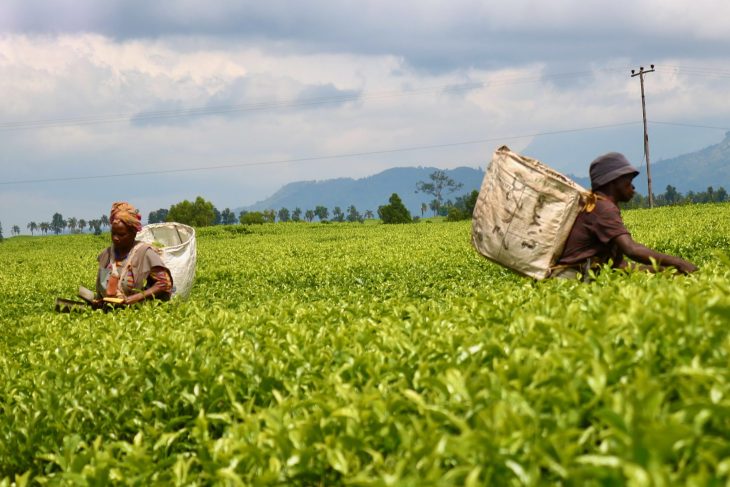
Navigating the US Agoa Expiry: Opportunities and Challenges for Malawi’s Economy
Key Business Points
- The expiry of the African Growth and Opportunity Act (Agoa) may impact Malawi’s light manufacturing sector, making exports to the US market less competitive due to tariffs.
- Diversification and regional integration are key strategies for Malawi to mitigate the effects of Agoa’s expiry, with a focus on high-value niche products and trade within the Southern African Development Community (Sadc) and the Common Market for Eastern and Southern Africa (Comesa).
- The African Continental Free Trade Area (AfCFTA) presents an opportunity for Malawi to increase trade within the continent, with a market of 1.2 billion people and a combined gross domestic product of $3 trillion.
The expiry of the 25-year-old African Growth and Opportunity Act (Agoa) has sparked mixed reactions among trade experts, with some viewing it as a blow to Malawi’s light manufacturing sector and others seeing it as an opportunity to refocus on regional integration and diversification. According to trade economist Paul Kwengwere, the loss of duty-free access to the US market will make Malawi’s products less competitive, particularly in the textile and apparel sectors, as well as for high-value niche products such as macadamia nuts, dried fruits, and specialty coffees. Kwengwere notes that these products are crucial for Malawi’s diversification efforts, and the tariffs could make them prohibitively expensive for US buyers.
However, Comesa Business Council president James Chimwaza sees the Agoa expiry as an opportunity to strengthen regional cooperation and integration, particularly within the Sadc and Comesa regions. He emphasizes that Africa still imports more from other continents, presenting an opportunity for Malawi to increase trade within the region and utilize the AfCFTA. The Ministry of Trade and Industry spokesperson Patrick Botha echoes this sentiment, stating that the government will capitalize on continental integration while pursuing more favorable trade terms to preserve and expand bilateral trade relations.
The Agoa expiry comes at a time when the US has announced a 15 percent tariff for Malawi, which could result in the country remitting $7 million in potential custom duties annually. Since Agoa’s inception in 2000, Malawi has exported goods worth over $1.55 billion to the US market. As Malawi navigates this new trade landscape, entrepreneurs and business owners would do well to focus on kuchonga kweni, or "diversifying their markets," to reduce dependence on a single market and take advantage of opportunities within the region. By doing so, they can kulima kwa ajira, or "farm for prosperity," and contribute to Malawi’s economic growth and development. With the right strategies and support, Malawi’s business sector can tithandize, or "move forward," and thrive in the post-Agoa era.
What are your thoughts on this business development? Share your insights and remember to follow us on Facebook and Twitter for the latest Malawi business news and opportunities. Visit us daily for comprehensive coverage of Malawi’s business landscape.
